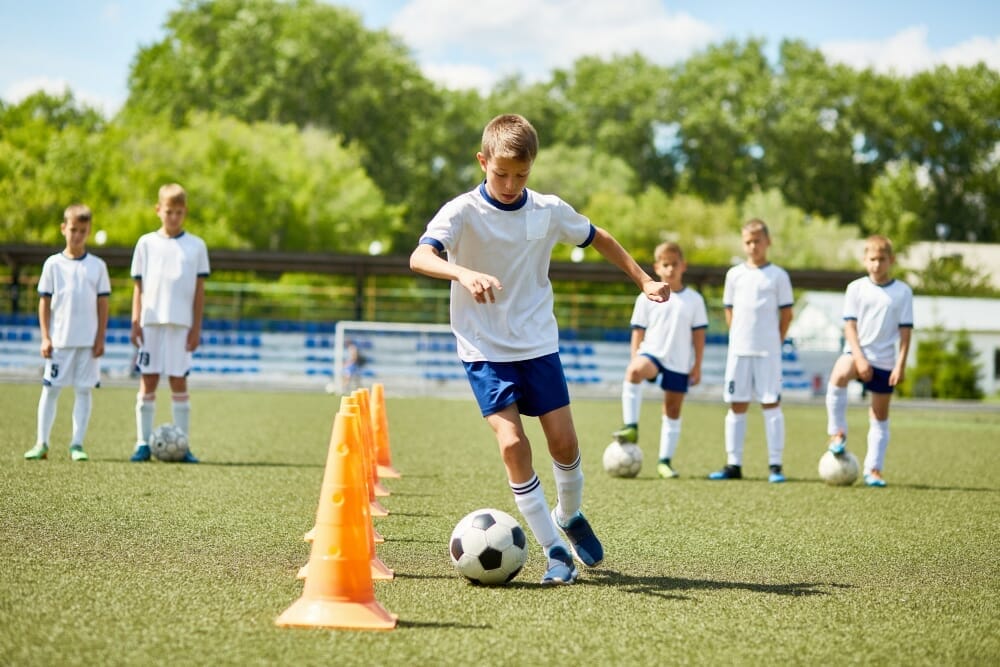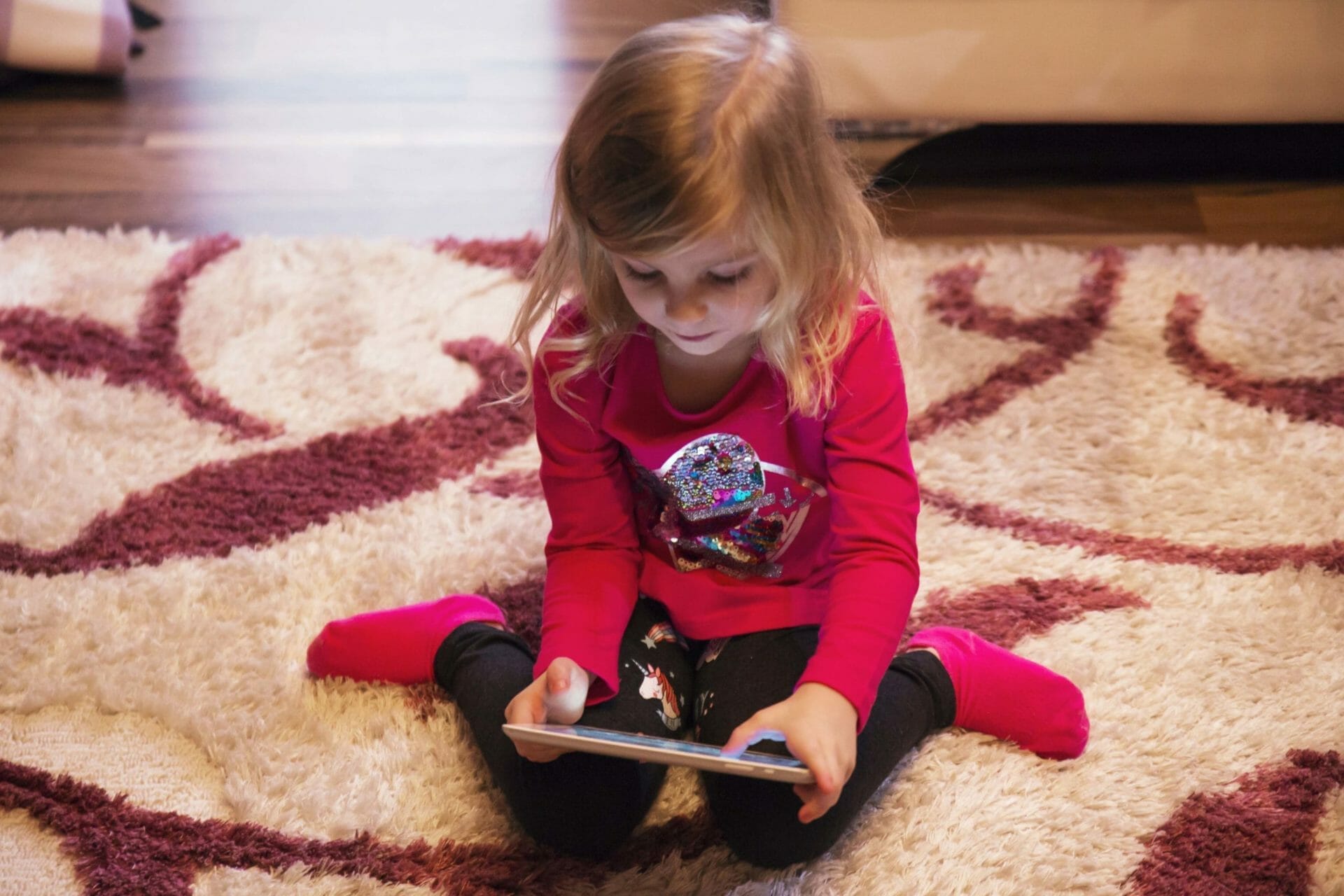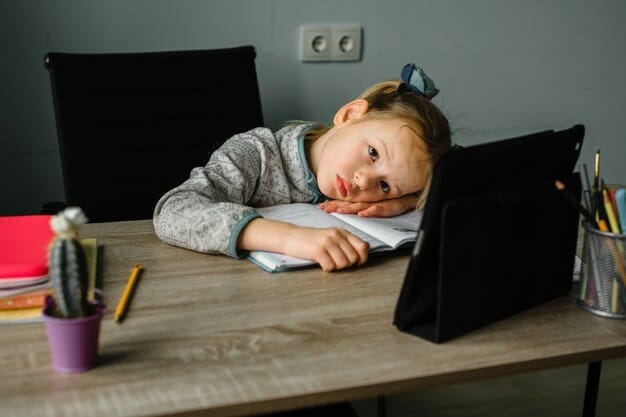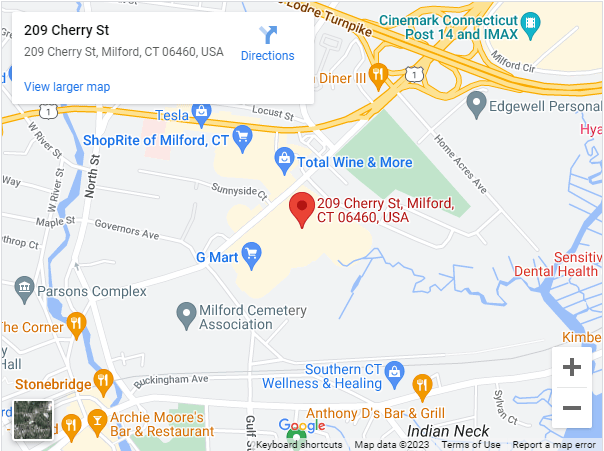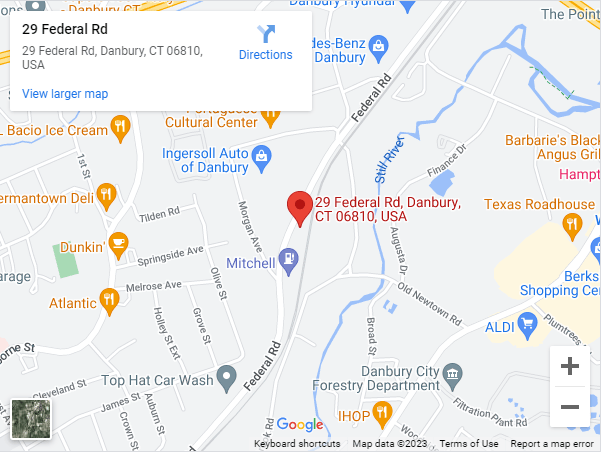Pediatric Physical Therapy Services
Improved strength, coordination, and balance skills in kids
We combine our passion and knowledge for better patient-outcomes
Are you worried your baby is not yet crawling or walking? Does your child have balance or coordination difficulties or demonstrate weaknesses or changes in posture? Does your child demonstrate difficulties keeping up with their peers? An expert pediatric physical therapist at KidSense can help. Located in Milford and Danbury, Connecticut, we offer physical, occupational and speech therapies as well as mental health services under one roof.
Pediatric patients vary from newborns to teenage competitive athletes, specifically 0 to 18 years old. Our pediatric physical therapists can help to improve a child’s motor development, strength, range of motion, balance, coordination, gait skills, and improve their functional endurance. We aim at enhancing the lives and everyday functions of children recovering from a variety of injuries as well as those with congenital diagnoses. While working with the children and their family, we help each client attain their full potential, while encouraging independence, and promoting an active involvement in the home, school, and community environments.
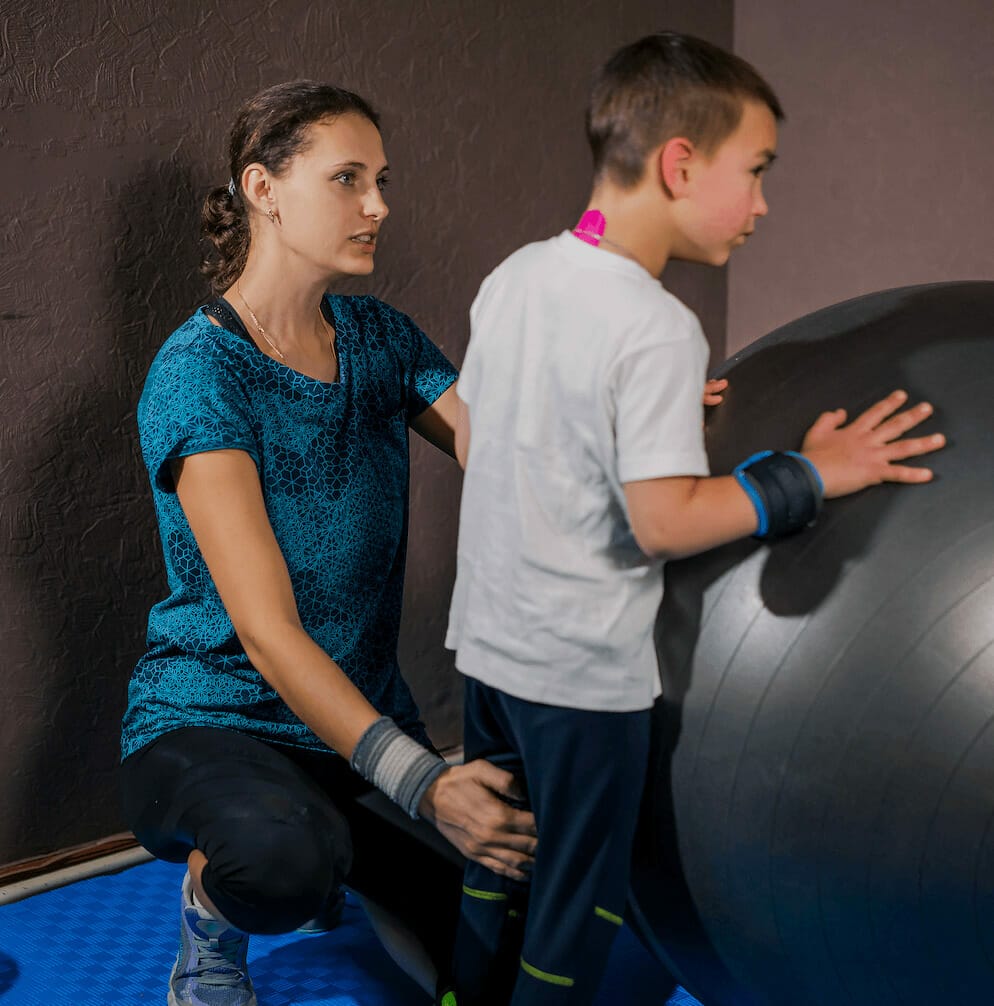
The goals of Physical Therapy at KidSense are as follows:
Enhance range of motion
Increase strength
Improve alignment
Improve balance
Improve coordination and motor planning
Increase endurance
Achieve developmental milestones
Pediatric Rehab Therapy for a Variety of Conditions
We maximize the function and enhance the lives of children with a variety of conditions and injuries such as:
- Neurological Disorders
- Developmental Disabilities
- Orthopedic Injuries
- Coordination Difficulties
- Muscle Weakness and Decreased Strength
- Torticollis
- Gross Motor Difficulties
- Gait Training
- Balance
How do I Know if My Child Needs Physical Therapy?
The following are some of the signs which indicate that your child needs physical therapy:
View Developmental MilestonesPain from Injuries
If an injury impairs a child’s ability to accomplish tasks due to pain or limited mobility they may need physical therapy. Injuries can be either sports-related or non-sports-related. Some of the most common sports injuries are bruises, broken bones, fractures, spinal cord injury and overuse injuries. Physical therapy helps children recover from such injuries or avoid them in the first place.
Mobility Difficulties from Developmental Delays
Developmental delay refers to when a child is not gaining the skills expected for their age as compared to other children of the same age. We provide pediatric therapy services to children of all ages experiencing mobility difficulties from developmental delays. Some of the common symptoms indicating developmental delays are low muscle tone, decreased strength, floppy or stiff limbs and walking instability.
Muscular Weakness due to Genetic Conditions
Physical therapy is required for children who experience poor motor coordination planning – which is the ability to think of and carry out a motor act, such as walking up stairs, riding a bike, or completing an exercise.
Coordination Difficulties due to Nerve/Muscle Conditions
Children suffering from genetic disorders like Down Syndrome often require physical therapy for improving muscle strength, balance and coordination.
Why Choose KidSense (Milford and Danbury, CT) for Pediatric Physical Therapy
Quality Care, Faster Recovery and Lasting Results
- Comprehensive Treatment: Our pediatric rehabilitation team specializes in the treatment of clients who are experiencing functional impacts as a result of injuries or developmental needs.
- Well-equipped Facility: Care is given in a cutting-edge, child-friendly, and secure facility.
- Multidisciplinary Approach: Our diverse team consists of pediatric rehabilitative and habilitative therapists in occupational therapy, physical therapy, feeding therapy, speech-language therapy, and mental health. We deliver each plan of care tailored to your child's individualized needs.
- Holistic Care: Adaptive games, arts and crafts, and interactive videos and computer games improve participation and therapy while also providing peer-to-peer support to encourage children to take part in their progress.
- Collaboration with Professionals at School: Our clinicians act as a client advocate, ensuring that education continues across different environments. Our therapists work as a communication link between teachers, parents, physicians, and other professionals who are involved with our client’s client care.
- High Success Rate: Patients and their families routinely assess their care as excellent or very good.
What is Involved in Physical Therapy Evaluation?
Our evaluation process is comprehensive, in-depth and child-centered
The initial evaluation consists of formal assessments and parent interviews. The parent interview is an opportunity for you, the parent/caregiver, to express your concerns and request assistance in areas where your child is having difficulty.
The examination will include a postural evaluation, pertinent orthopedic checks, and an assessment of skill set using age-appropriate, dynamic pediatric assessments. The therapist carefully considers all of this information in light of how a parent describes their child's strengths and weaknesses and an individualized plan of care is created.
Physical Therapy Treatment
Maximize your child’s participation in everyday activities with our expert treatment and dedicated care
Our physical therapy includes, but is not limited to the following:
- Exercise intervention
- Gym program instruction
- Return to sports program
- Reflex integration
- McKenzie Method spinal treatment
- Mulligan spinal treatment
- Parent/ Caregiver education
Resources do not supplement an evaluation and treatment plan created by a licensed therapist and should be used for informational purposes only.
Information Connections (Marianjoy Medical Library)
http://www.informationconnections.org/
Provides information on symptoms, statistics, education, legislation related to Autism, ADHD, Cerebral Palsy, Down Syndrome and more.
United Cerebral Palsy
https://www.ucp.org/
Find information regarding assistive technology, education, health/wellness, travel/transportation, and research information.
SPD Foundation
http://spdfoundation.net
Information for Sensory processing disorder
ASAN (Autistic Self Advocacy Network)
https://autisticadvocacy.org
Resources, Policies, and Projects for parents and autistic people
ITAALK AUTISM FOUNDATION
http://www.itaalk.org/
Aimed at providing private and public training, financial resources, and lists of recommended Apps. More than 50 potential sources for families with children with special needs
Understood.org
https://www.understood.org/
Find information for parents of children with learning and attention differences.
Muscular Dystrophy Association
https://www.mda.org
Information and resources for parents of children with DMD, SMA, CMT, ALS, CMD, and other neuromuscular diseases
Pink Oatmeal
https://www.pinkoatmeal.com
Blog with resources and ideas on different exercises and activities for caretakers to perform at home with their children
Website’s disclaimer: “This website, shop or anything associated with the Pink Oatmeal LLC should not be used in replace of medical advice or treated as medical advice. The purpose of this Pink Oatmeal, LLC is for education only. If you have a medical condition or need medical advice please contact your physician.”
FAQs
How do I know if my child needs this service?
Physical therapy services can help with coordination skills, balance skills, motor planning, endurance, improvement in strength and range of motion, and ensure proper gross motor development. If you have any questions regarding your child's gross motor skills and abilities call KidSense to schedule an evaluation! If your child seems less active than their peers, tires easily, loses their balance often, has tight muscles, or is recovering from an injury, physical therapy can help!
What does your Evaluation Process look like?
It starts with a parent interview to gather more information about the concerns of the parents followed by an assessment of your child’s strength, range of motion, reflexes, and gross motor skills. Gross motor skills are assessed through functional play where balance and coordination skills can also be observed. A typical evaluation at KidSense involves directing your child's play and activities to show their movement patterns, posture, strength, flexibility, balance, and coordination. We look to compare differences between the legs, arms, core, and trunk in your child versus their other limbs and their peers. After the evaluation, we create goals that we work towards to address your child's abilities and weaknesses.
What’s your treatment approach for this service?
The physical therapists at KidSense believe in taking a holistic and collaborative approach. We create individualized goals for our clients with the information and input obtained from the parent interview and from clinical observations during the evaluation. Our goal is to have fun! Children enjoy activities that are fun, challenging, and unique rather than boring and repetitive, and at KidSense we seek to create engaging activities that work towards improving their goals and print out exercises and activities to bring home.
Which “Collaborative Therapy Services” do you offer in conjunction with this service?
We can work with prosthetists and orthotists, as well as with physical therapists specializing with adaptive equipment (walkers). We collaborate with coaches, adaptive PE consultants, teachers and school therapists for carryover. We consult and update pediatricians, developmental therapists, and with your consent any other specialists involved in your child’s care.
My child does not walk with their heels down, toe walks. Should I seek Physical Therapy?
Toe walking is common in new ambulators. However, if your child toe-walks and is over 2 years old it is important to consult a physical therapist to help identify the underlying cause. Chronic toe walking can result in shortening of the muscles of the ankle which over time can cause pain and require surgical intervention. If your child is over the age of 2 and is toe-walking on one or both feet, it is highly recommended to seek physical therapy in order to address the condition and work towards establishing the typical walking pattern. If a child is under 2 years old and toe-walking, physical therapy is not recommended unless there are other mobility, strength, or balance issues present.
My child “W” sits… should I seek Physical Therapy?
If your child “W” sits for long periods of time and it seems that it is their preferred sitting position a physical therapy/therapist consult is recommended. “W” sitting can be a sign of core weakness which can impact coordination, balance, and postural skill development. If your child only sits in the W-sitting position or it is their preferred mode of sitting for greater than 5 minutes, it is recommended that they seek physical therapy. Long term use of a W-sitting position has potential risks associated with it such as hip dislocation, increased muscle tightness, and decreased core and trunk strength.
My baby doesn't like tummy time. Should I seek Physical Therapy?
Tummy time is important for trunk and head control development as well as to decrease risk of torticollis and plagiocephaly. If your child does not like tummy time come see our physical therapists for tips and tricks to make tummy time fun!
My baby is not rolling or crawling yet. Should I seek Physical Therapy?
Typically children achieve rolling by 6-7 months and crawling by 9 months. If your child is older than these ages and are not showing signs of emerging skills or do not demonstrate interest in performing these skills a physical therapy consult can help encourage the development of these skills and ensure continued development.



